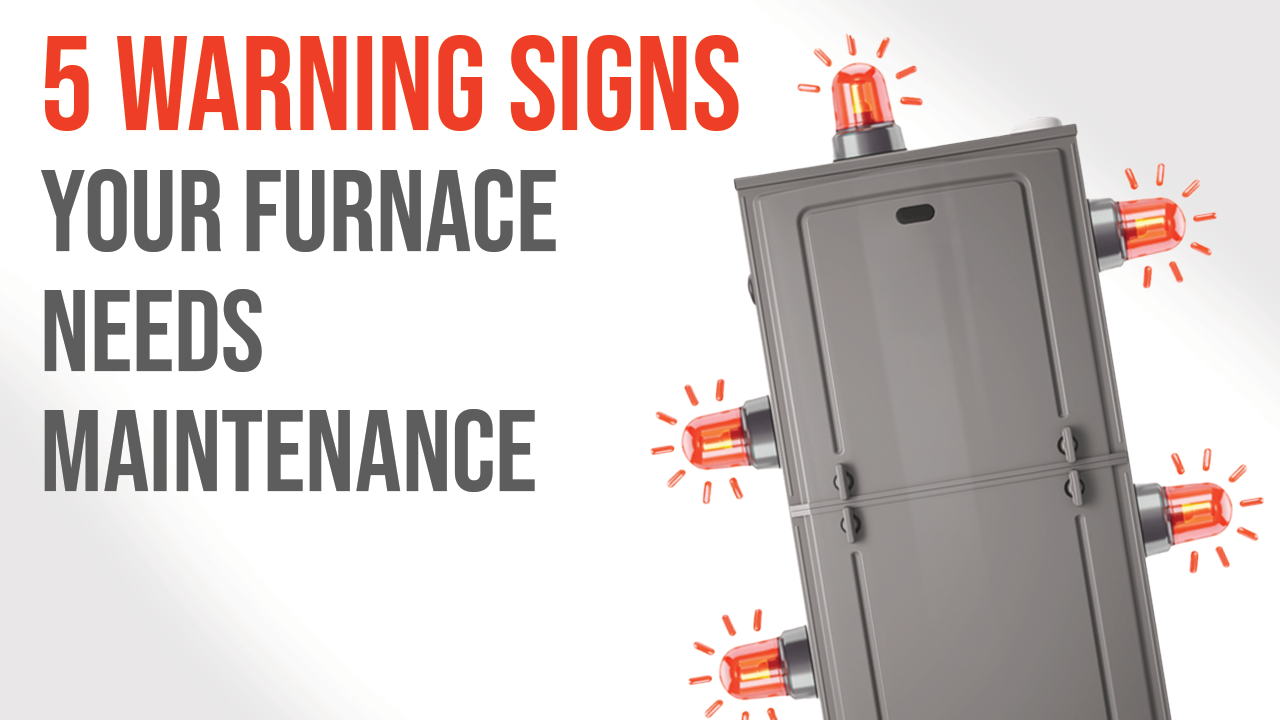Updated January 18, 2024

Heating your home is fundamental to maintaining comfort during the colder months. However, numerous myths and misconceptions surrounding home heating can lead to confusion and potentially costly decisions. In this article, we aim to dispel some of these common myths and clarify the topic of heating your home.
What is the standard way to heat your home?
The most common way to heat a home is through a central heating system, often fueled by natural gas, electricity, or oil. These systems distribute heat through ducts, radiators, or baseboard heaters. Other methods include space heaters, wood stoves, and radiant floor heating. The choice of heating method depends on factors like energy efficiency, availability of fuel sources, and the specific needs of your home.
What happens if you never heat your house?
Contrary to a common myth, not heating your house during the winter months is not a practical or healthy solution. Extreme cold can lead to several issues, including frozen pipes, mold growth, discomfort, and even health problems. Maintaining a minimum level of heating is essential to prevent these issues and ensure your home remains habitable.
Should you heat your home?
Yes, it would be best to heat your home, but the key is finding a balance between comfort and energy efficiency. Maintaining a consistent, moderate temperature is essential for comfort and preventing potential problems like frozen pipes. However, excessive heating can result in higher energy bills. Proper insulation, regular heating system maintenance, and programmable thermostats can help strike the right balance.
Is the heat in my house making me sick?
It’s a common misconception that heating your home can make you sick. In reality, indoor heating systems do not directly cause illnesses. However, improperly maintained heating systems can lead to indoor air quality issues, such as the circulation of dust, allergens, or pollutants. To ensure your indoor air quality remains healthy, change air filters regularly, maintain heating systems, and ensure proper ventilation.
Heating your home is essential for maintaining comfort and preventing various problems associated with extreme cold. It’s crucial to be well-informed and debunk common myths surrounding home heating. By understanding the best practices and addressing misconceptions, you can make informed decisions that keep your home comfortable, safe, and energy-efficient during the heating season.
Remember to consult with HVAC professionals for personalized advice and maintenance tips tailored to your specific heating system and home needs.
The holiday season is here, and with it comes the excitement of twinkling lights, cozy nights, and festive decorations. However, amidst all the cheer, it’s important to... Read More

As the temperatures drop and winter approaches, ensuring your furnace is in top shape becomes a priority for homeowners. A well-functioning furnace keeps your home warm, your... Read More

The holiday season is a time of joy, celebration, and, of course, twinkling lights and festive decorations. However, amidst all the excitement, it’s easy to overlook the... Read More